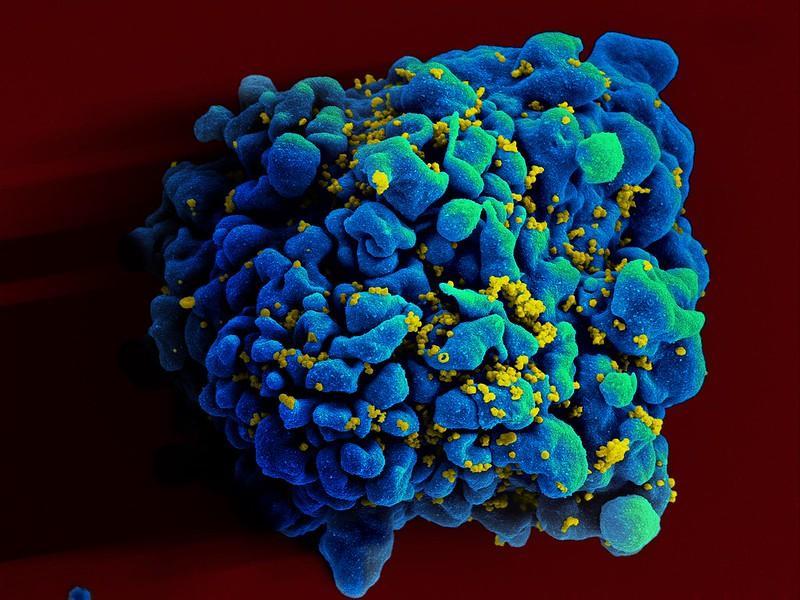by Samantha Borje – Drug Discovery News
Scientists developed an alternative to bone marrow transplantation by using technology similar to that of the COVID-19 mRNA vaccines.
Blood disorders such as sickle cell anemia, immunodeficiencies, and bone marrow failure syndromes reduce life expectancy and quality of life for millions of people around the world. Bone marrow transplants can be a patient’s only treatment option, but these involve a number of painful and costly procedures. To make room for the transplant, clinicians must kill the diseased cells in a process called immunoablation, which subjects the patient to highly toxic drugs that have many side effects. Immunoablation can leave a patient sterile, immunodeficient, and predisposed to tumors and genetic mutations.
In a recent study, researchers at the University of Pennsylvania developed a new system for re-engineering hematopoietic stem cells (HSC) in vivo, which may one day lead to approaches that don’t require immunoablation or even eliminate the need for bone marrow transplants altogether (1). Led by Hamideh Parhiz, a pharmaceutical engineer at the Perelman School of Medicine, and Stefano Rivella, a pediatric hematologist at the Children’s Hospital of Philadelphia, the team designed a range of mRNA that coded for gene-editing proteins and proteins that facilitated cell death. They delivered the mRNA directly to the bone marrow by making targeted modifications to lipid nanoparticles (LNP), which were similar to the ones used to package COVID-19 mRNA vaccines. “The goal and the hope [is] that this technology will not be as toxic [as immunoablation],” said Rivella.




